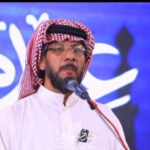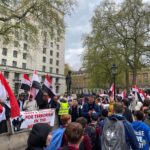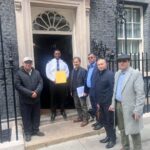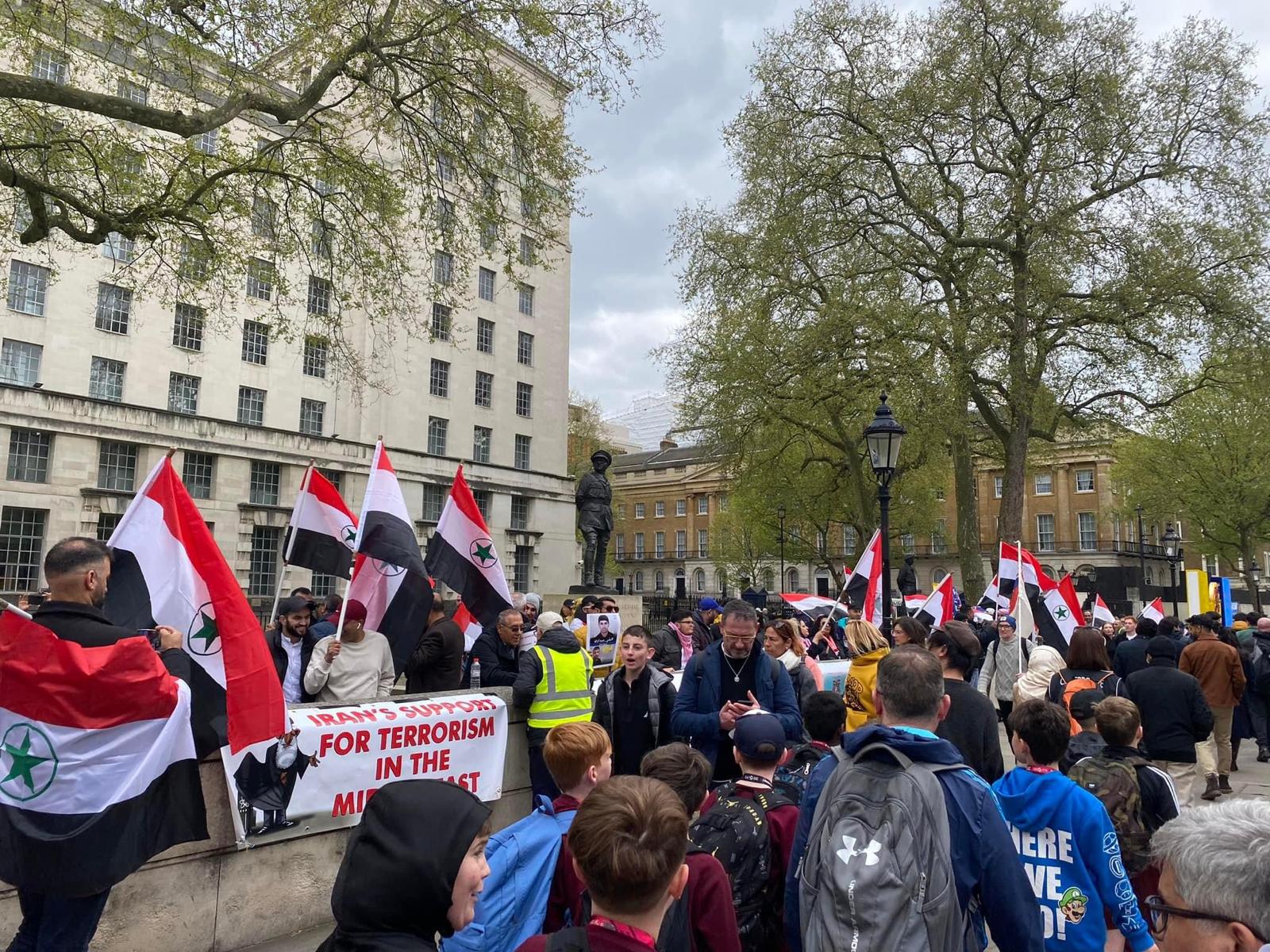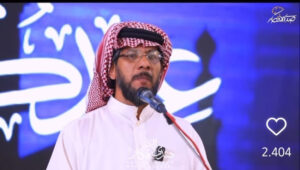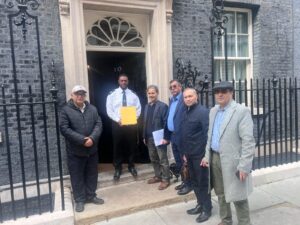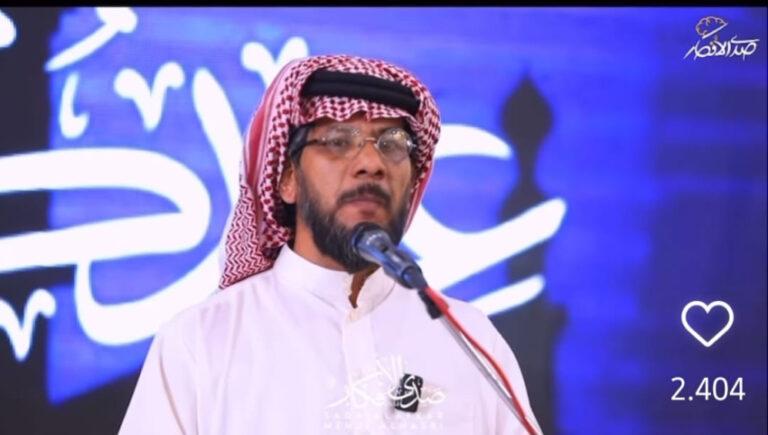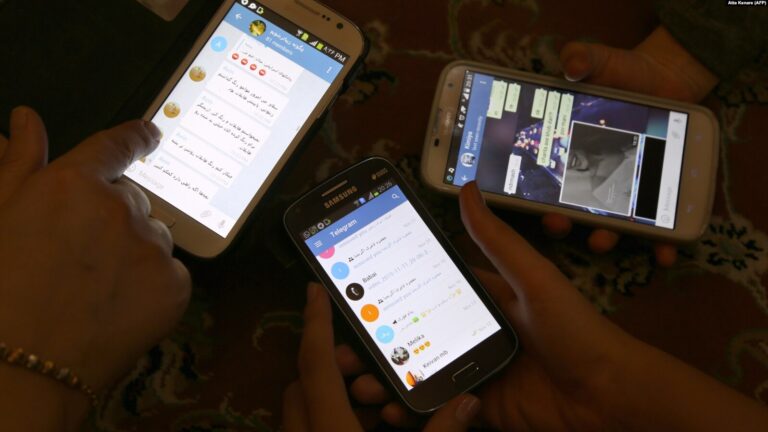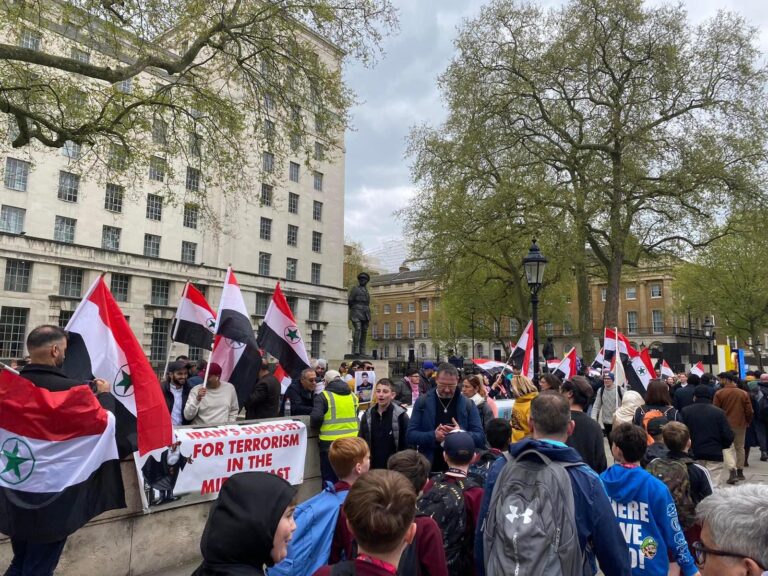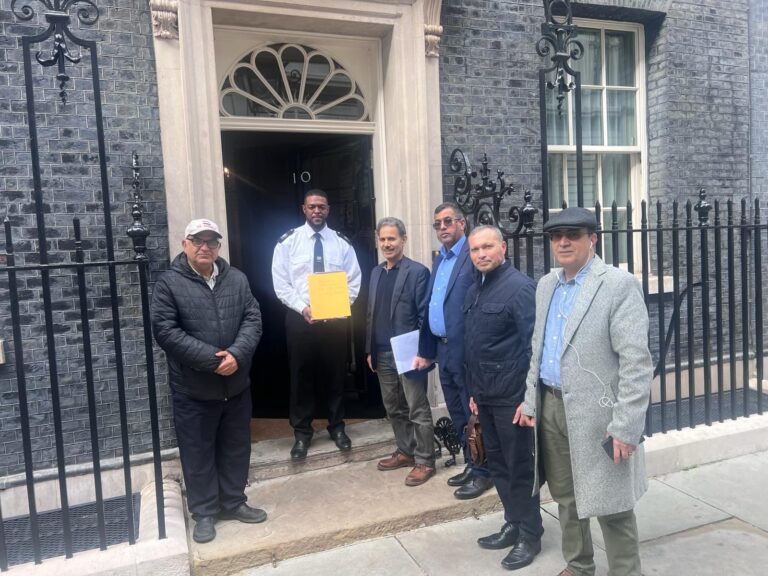Ahwazies commemorate Nakba Day.
The Democratic Solidarity Party of Alahwaz, alongside other Ahwazi organisations, submitted a political memorandum to the British Prime Minister’s Office.
Mona Al-Silawi: “For almost a century, the people of Ahwaz have endured a harrowing existence characterised by political and cultural persecution, identity erasure, and the relentless exploitation of their land’s resources.
Nestled in southwestern Iran, Ahwaz has been home to an Arab minority that has faced systemic discrimination and oppression. The region’s rich cultural heritage and distinct Arab identity have been under constant threat, with efforts aimed at erasing Ahwazi history and language.
Ahwazis have long struggled against political marginalisation, facing repression by the Iranian government. Their demands for basic rights, such as cultural and linguistic autonomy, have been met with harsh crackdowns and imprisonment.
Furthermore, Ahwaz has been a victim of resource exploitation, with its vast oil reserves being a source of wealth and suffering. Despite being rich in natural resources, the benefits have largely bypassed the local population, leading to widespread poverty and environmental degradation.
In the face of these challenges, Ahwazis have shown resilience and determination. Organisations like the Democratic Solidarity Party of Al-Ahwaz have advocated for their rights on national and international platforms. They have highlighted Ahwaz’s plight, calling for an end to the darkness that has shrouded their homeland for nearly a century.
As the struggle continues, Ahwazis remain steadfast in their quest for justice, equality, and the recognition of their homeland’s rightful place in the world.”
Every April 20th, Ahwazis mark the Ahwazi Nakba, a pivotal event in their history that signifies the decline of Arab rule in the region. This date holds profound significance as it marks the kidnapping of Sheikh Khazal bin Jaber Al-Kaabi, the last Emir of Ahwaz, and the subsequent establishment of the first nation-state in Iran by Reza Shah Al-Bahluli in 1925.
The Ahwazi Nakba stands as a symbol of the challenges faced by the Ahwazi Arab community. The abduction of Sheikh Khazal and the imposition of Persian rule marked the beginning of a period of oppression and marginalisation for the Ahwazi people.
Furthermore, April 20th also commemorates the anniversary of the April Uprising in 2005, a significant moment in recent Ahwazi history. Revelations of plans for demographic change sparked this uprising, forced deportations of the indigenous population, and the resettlement of Persian settlers in the region.
The April Uprising of 2005 was a response to decades of discrimination and mistreatment of Ahwazi Arabs by the Iranian regime. It was a grassroots movement that sought to bring attention to the plight of the Ahwazi people and demand justice for their community.
The protests erupted in 2005 and brought international attention to the Ahwazi cause. Ahwazi activists and human rights organisations documented numerous cases of human rights abuses and violations committed against the Ahwazi population.
Despite facing repression and violence, Ahwazi activists have continued to advocate for their rights and the recognition of their homeland. Organisations such as the Democratic Solidarity Party of Al-Ahwaz have worked tirelessly to raise awareness about the Ahwazi struggle and garner support from the international community.
As Ahwazis commemorate the Ahwazi Nakba each year, they reaffirm their commitment to preserving their identity, reclaiming their rights, and resisting the forces of oppression. The legacy of Sheikh Khazal and the spirit of the April Uprising serve as reminders of the resilience and determination of the Ahwazi people in the face of adversity.
Each year, events are held around the world to commemorate the struggles of the Ahwazi people, particularly in countries like the United Kingdom, Australia, the Netherlands, and Germany, among others. These events serve as a platform for raising awareness about the plight of Ahwazis and garnering international support for their cause.
Despite strict security conditions in Ahwaz, demonstrations and events also take place within the city itself. These gatherings are a testament to the resilience of the Ahwazi people in the face of adversity and repression.
Participants in these events come from diverse backgrounds, including political and civil activists, Ahwazi and Arab intellectuals, writers, journalists, and advocates for non-Persian peoples in Iran. Their presence underscores the broad support for the Ahwazi cause both within Iran and internationally.
In the United Kingdom, for example, Ahwazi activists organise rallies and seminars to highlight human rights abuses in Ahwaz and advocate for the recognition of Ahwazi rights. Similar events take place in Australia, the Netherlands, Germany, and various other countries.
These gatherings provide a platform for Ahwazi activists to share their experiences, discuss strategies for advocacy, and network with like-minded individuals and organizations. They also offer an opportunity for Ahwazi intellectuals and writers to showcase their work and contribute to the global conversation on Ahwazi rights.
Despite facing challenges and risks, Ahwazi activists and their supporters remain undeterred in their efforts to bring attention to the plight of their people. The global solidarity demonstrated through these events strengthens the Ahwazi cause and reminds the world of the ongoing struggle for justice and freedom in Ahwaz.
The presence of members of the Ahwazi community and cadres of the Ahwazi Democratic Solidarity Party was distinctive in all of these demonstrations, particularly in the Dutch city of The Hague. Comrade Mona Al-Silawi, Secretary-General of the party, was among those present and delivered the party’s statement.
In her speech, Comrade Mona Al-Silawi emphasised that for 99 years, Ahwaz and its people have endured dark conditions marked by political and cultural persecution, identity erasure, and the exploitation of natural and moral resources. She highlighted the role of successive dictatorial regimes in silencing opposition through repression, imprisonment, and even execution.
Mona also praised the resilience of the Arab Ahwazi people, stating that they have proven themselves resistant to all attempts to subjugate them. She described them as writing epics of resistance, becoming a model for others around the world.
Mona emphasised that Ahwazis maintain their identity and respond to events with consciousness and care, patiently awaiting the moment to reclaim their stolen rights.
Furthermore, Mona admired and encouraged the audience, stating that “the issue…”
